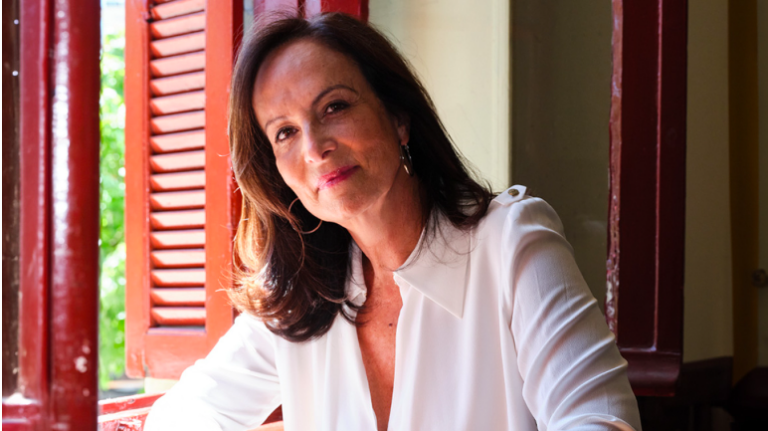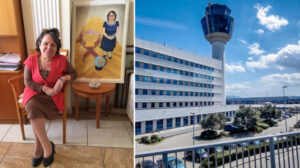In the open space of party offices, broad-leaved trees rarely grow under whose shade members can philosophize. They must constantly respond to current political issues. Historically, two opposite, symbolically dilemmatic perceptions arise regarding their leadership: whether a leader needs great visionary ideas or simply the ability to manage power effectively.
For her supporters, Anna Diamantopoulou embodies both intellect and practicality. She presents integrated, innovative proposals for the future and has the political experience necessary for potential prime ministership. This, of course, depends on whether PASOK voters choose her in the upcoming party elections.
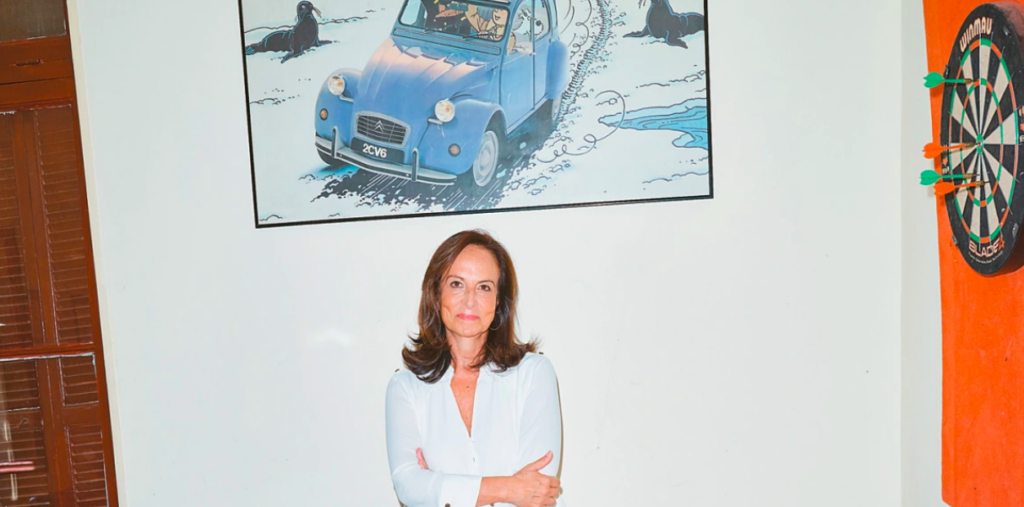
In the internal party elections next October, Anna Diamantopoulou will officially present her candidacy. She is betting that in this fluid race, the party’s voters will discern which candidate can return PASOK to power, who possesses the much-vaunted “governance” skills. She has already consulted with all former PASOK leaders and voluntarily resigned as a non-executive member of Coca Cola’s Board of Directors, foregoing her salary.
This marks her first attempt to compete for the party leadership. In 2007, she declined to run in the internal party elections, choosing not to wedge herself between George Papandreou and Evangelos Venizelos. Ultimately, she supported Papandreou, albeit somewhat belatedly. Seventeen years have since passed, with significant changes in the country’s political landscape.
Return
With a strong resume and international technocratic experience, Diamantopoulou is far removed, according to her supporters, from the party newcomers vying for organizational dominance. She remains committed to establishing her politically self-made stature in the collective memory of the party she has served since her youth.
Not merely content to have her name in the headlines as a leadership contender, she has distanced herself from the party organization and its bureaucratic routines for twelve years. Yet, she has not been politically inactive nor renounced her identity. Since 2013, she has served as an elected member of the European Parliament’s advisory committee on social democracy.

After failing to win a parliamentary seat in 2012, she founded the independent non-profit research organization Network for Reform in Greece and Europe. Through this, she has consistently produced valuable, substantiated policy proposals at both national and European levels. Although she remained inactive within the party for a long time, it is unlikely that an active woman involved in politics for over four decades would ever detach from it.
Brussels Tenure
Diamantopoulou, an extroverted politician with a modernizing outlook and reform agenda, distinguished herself during her four-year tenure as an EU Commissioner at the beginning of the century. Through her active participation in shaping important European policies, over 200 trips to 33 countries, and more than 172 official speeches, she methodically built a solid European profile. During her tenure in Brussels, she developed relationships, cultivated contacts, and initiated interpersonal and political-diplomatic connections with European and international figures.
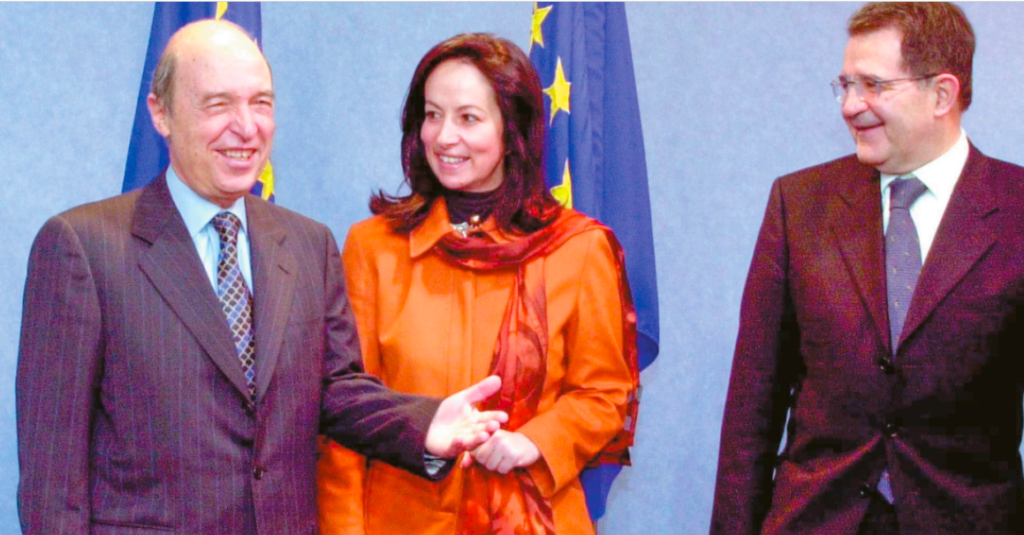
This network has remained intact over the years, aiding her bid for significant positions, such as her 2021 candidacy for a role with government approval.
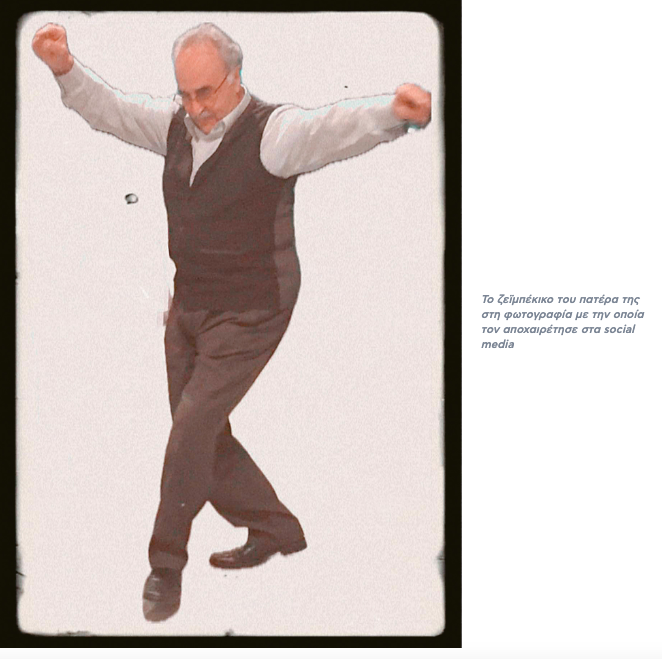
Ask me anything
Explore related questions
